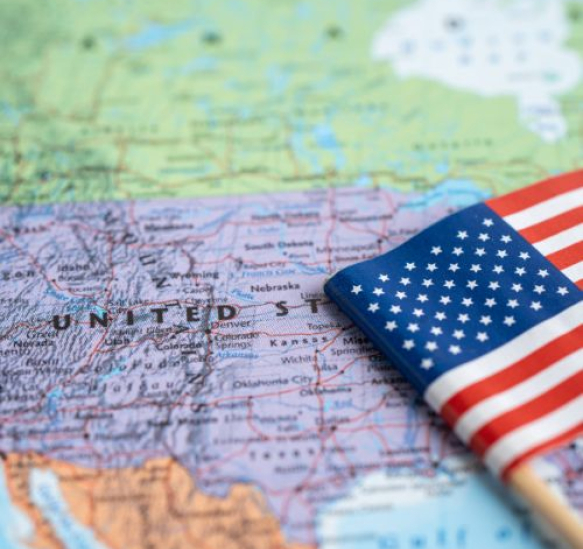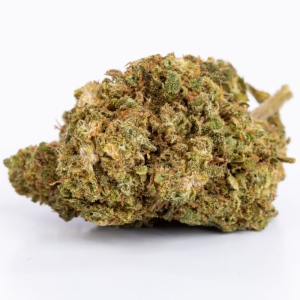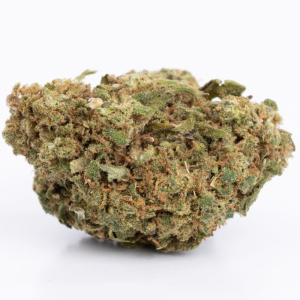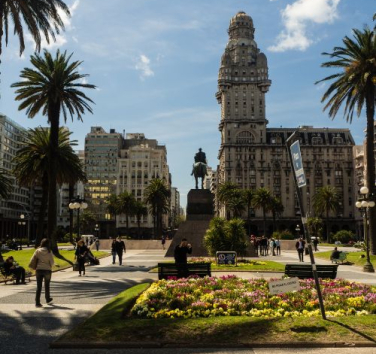The reclassification of cannabis: a project that is coming to fruition after two decades of debate
In April 2024, a source close to the American government had already told AFP that cannabis was going to be reclassified as a “less dangerous” drug. This information, first revealed by the American agency Associated Press, had not been commented on by the White House.
It was only on May 16 that the rumor was confirmed by the US Department of Justice, which plans to reclassify cannabis from category "1", which includes substances such as heroin and LSD , to category “3”, where we find drugs based on codeine.
This reclassification aims to reduce the perception of the danger and dependence associated with cannabis while recognizing its potential therapeutic uses. Note that the proposal from the Department of Justice must still be approved by the US Drug Enforcement Agency (DEA).
What does this change of direction imply for the cannabis industry?
Currently, U.S. cannabis companies face a heavy tax burden due to Section 280E of the Internal Revenue Code, which prohibits them from deducting operational expenses from their taxes.
By reclassifying cannabis into category “3”, these companies could finally benefit from tax relief, which would improve their profitability and competitiveness.
The American cannabis market reacted positively to the Department of Justice's announcement, with notable increases in the shares of major players in the sector. Curaleaf stock, for example, jumped 24.6%.
This reclassification will therefore promote business performance, but not only that. It should also facilitate medical research around cannabis. Indeed, in category “1”, research on cannabis is severely limited.
In category "3", the scientific community could more freely explore the potential benefits of cannabis, particularly in the treatment of chronic pain, epilepsy and post-traumatic disorders.
The social and political repercussions of the reclassification of cannabis
In the United States,cannabis is now legal for medical and/or recreational use in 24 states, as well as the District of Columbia.
Nevertheless, federal classification as “1” still exposes users and sellers to federal prosecution. Statistics show that these arrests disproportionately affect minorities, including African Americans. By reclassifying cannabis, the government hopes to reduce these inequities and harmonize federal laws with those of the states.
The decision to reclassify cannabis enjoys broad political and public support. President Joe Biden said that “no citizen should be in prison for the use or possession of marijuana.”
This position is shared by 88% of Americans, according to a Pew Research survey, who support the legalization of marijuana for medical or recreational purposes. Democratic Senate Majority Leader Chuck Schumer also applauded the move, calling for an end to “federal cannabis prohibition.”















